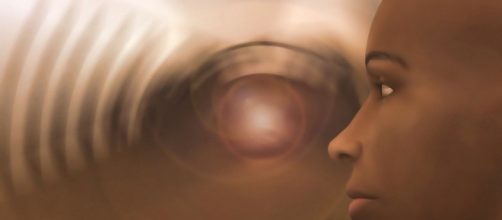Beyond death is a subject that is in search of scientific proofs. It emerged during the 19th century with seances and ouija boards. It rested on the idea of talking to the dead. Since then the passion for proof has grown. A result is a widespread attention to near-death experiences.
These are events that are often associated with survival following cardiac arrests. A person may be judged clinically dead but soon be revived. It is the experience of the survivor between the moment of death and revival that is seen as evidence of life beyond death.
There seems to be to be a substantial problem with the evidence.
It is in some respects almost a carbon copy of the fictional heaven experience one might imagine if one believed in the fiction.
Bright light
I am talking about seeing God as a Bright Light, the omnipotent creator, and having all the reactions one might have if that was a true picture. The question is not whether these near-death experiences were real. Of course, they are.
But they seem to me to be a combination of actual personal experience with a stereotypical image of heaven and what it is like.
Life changes
I have no doubt that the experience of surviving death is traumatic and life-changing. I have no doubt that tales of survival are an honest reflection of experience.
If we have been brought up in a particular culture we are saturated with it even if we don't subscribe to its view of things.
There is no doubt that the near-death experience itself has, in the telling, become a sort of guide to anyone who might face this moment.
What seems more the Case is that people who survive clinical death do have a capacity to perceive what is going on in the very environment where they stopped showing life signs. My sense is that there may indeed be survival after death but that it is at present mainly an imagined reality.
The fact that the dead can observe, at least for some moments, events on earth seems to me to show a probability, but not to explain it.
Approach
The reality of any experience that cannot be experimentally confirmed will not be acknowledged by our binary culture. But Triadic Philosophy makes no distinction between what can be proved and what is imagined or surmised.
Reality is all. Whether it is the case or not is subject to our fallible efforts to determine things. Most things are conjecture. Even everyday communication itself is problematic.
Near-death experiences are real! https://t.co/XUahSj2HWG via @RNS
— Stephen C. Rose (@stephencrose) January 7, 2018
The difficulty with bright light near-death experiences is that, like reincarnation, they do not tell the whole story and confine the possibilities by suggesting that this a universal experience. Universality is Triadic Philosophy's test for everything.


